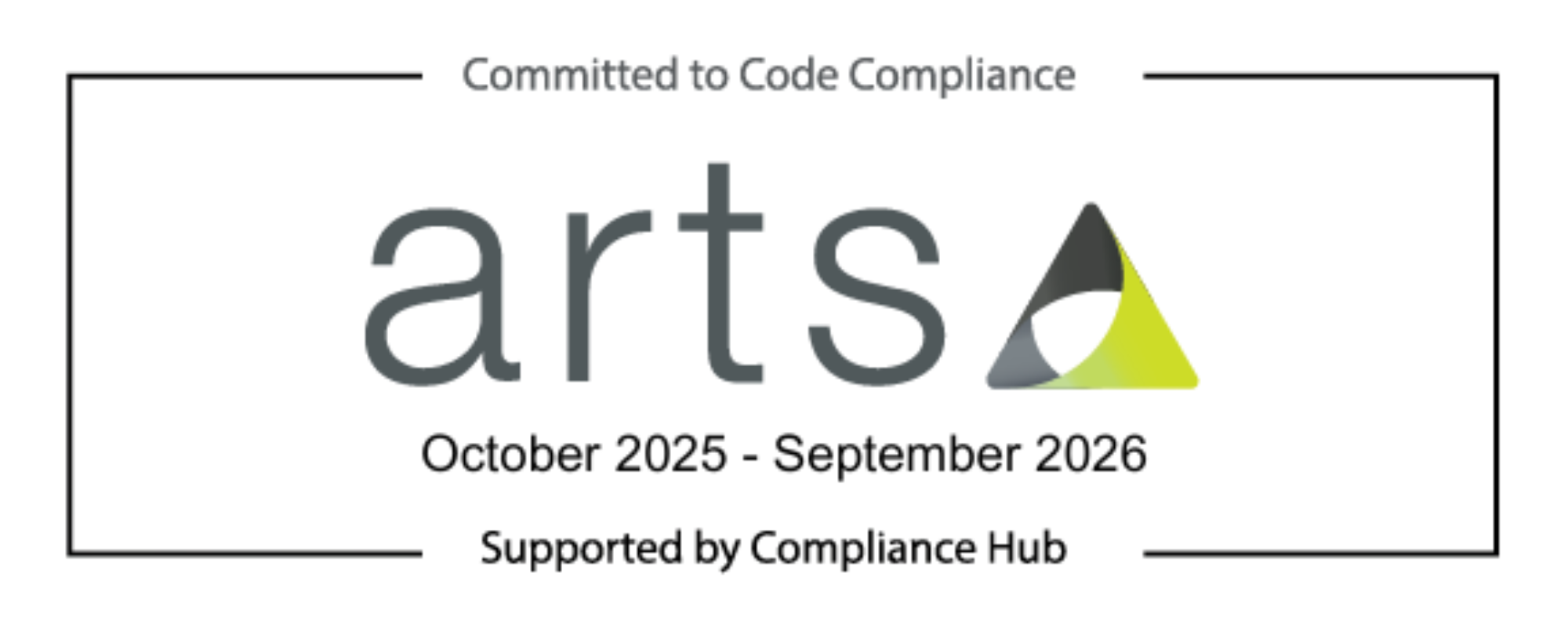Opportunities for pharmacy within virtual wards and hospital at home
Following the publication of the 10-Year Health Plan earlier this year, there is a renewed emphasis on innovations to support more hospital-at-home services.
Virtual wards are enabling this transition and are transforming patient care, with pharmacy at the heart of this change. In this interview, Principal Pharmacist for Virtual Wards at Warrington and Halton Teaching Hospitals NHS Foundation Trust, Michelle O’Neill explores opportunities for pharmacy and virtual wards in medicines optimisation, innovation, and patient-centred care within these evolving models of care.
What does your day-to-day role as a Principal Pharmacist for Virtual Wards look like? What steps have you taken to reach this point in your career journey?
I lead on the pharmacy service across the Cheshire and Merseyside ICB footprint, which encompasses seven acute trust providers, being responsible for the clinical, strategic and operational leadership of pharmacy provision for virtual wards. I lead a team of pharmacists who are allocated to these trusts to provide pharmacy and medicines management expertise to frailty, respiratory, heart failure and general medical virtual wards. Our pharmacists have a variety roles day to day; prioritising patients for structured medication review, attending daily MDT meetings, providing clinical advice and making recommendations to other virtual ward clinicians, ensuring antimicrobial stewardship and liaising between acute trust, primary care and community pharmacy to co-ordinate medication changes and solve complex pharmaceutical issues for virtual ward patients. Our pharmacists are independent prescribers and this is a skill they make use of on a daily basis to support patients and improve access to medicines. As well as clinical roles, our pharmacists are involved in governance, developing pathways and procedures, education of the wider workforce, as well as audit and research, enhancing the quality and safety of virtual ward care. In my own career to date, I have worked in a number of sectors of pharmacy which has given me a well-rounded, varied experience and knowledge base – I spent a number of years working in community pharmacy, before moving into primary and secondary care, working across GP practices, acute trust and care homes. I have undertaken a clinical diploma, independent prescribing and the CPPE Medicines Optimisation in Care Homes pathway. I am currently on the Chief Pharmaceutical Officer’s leadership development pathway and working towards credentialing as a consultant pharmacist. Having worked in integrated roles, I have developed an acute awareness of working between interfaces of care, which is extremely important for managing patients in the unique setting of virtual wards, and the importance of seamless transfer of care.
How do virtual wards link with the NHS 10-Year Health plan and what role can pharmacy professionals play?
Virtual wards will be integral to the transformation of NHS care as laid out in in the NHS 10-year plan. The outstanding message: ‘It’s change or bust!’ outlines that drastic change is needed to models of care and the way we deliver services in order to reinvent an NHS that’s fit for the future.
The three key aims of the NHS 10-year plan demonstrate the importance of services like virtual wards and hospital at home to improve care:
- From hospital to community: One of the components of the plan to deliver the shift to neighbourhood care is to expand hospital at home services in the first 3 years. It is hoped that virtual ward beds will support breaking down barriers at the interfaces of care, while supporting patients to stay well at home. Virtual wards and hospital at home can also deliver cost savings for the NHS, with treatment thought to be around £2000 less than inpatient treatment.
- From analogue to digital: virtual wards and hospital at home will better deliver care with access to patient data and increasing the use of wearables and remote monitoring as part of routine care.
- From sickness to prevention: Many patients are admitted to virtual wards with conditions that are caused or contributed to by medicines. Our pharmacists are well placed to address this by undertaking proactive structured medication reviews to address problems and modify the risks of such harms and future admission avoidance.
How can pharmacy professionals position themselves as clinical leaders in virtual ward teams?
As virtual ward and hospital at home services develop, it is essential that pharmacy leadership is embedded from the outset. Greater risks exist with the use of medicines while patients are on a virtual ward, unlike in a traditional hospital or community setting. Aspects of medicines use are critical in managing these acutely unwell patients and supporting them to remain in a community setting. Risks include the challenge of undertaking medicines reconciliation remotely or relying on other team members to undertake this task without adequate training, timeliness of acute medicines supply, communication of medication changes and transfer of care. Patients with multi-morbidity and complex medicines-related needs are prevalent on virtual wards, therefore senior clinical pharmacy support is crucial. Pharmacy should ensure that they collaborate with wider teams to be at the forefront of virtual ward planning and delivery.
You’ll be speaking at CPC North around the opportunities for pharmacy within virtual wards and hospital at home. Could you give our delegates a preview of the key takeaways they can expect to learn from your session?
We’ll be highlighting the importance of virtual ward and hospital at home services and how they bring benefits to patients and the NHS. We’ll be focussing on the role of the pharmacy team within virtual wards and how pharmacy is integral to virtual ward care. We’ll also be addressing the many challenges of caring for patients acutely in their own home. We’ll present a patient case to demonstrate how patients can be optimised during their admission to virtual wards. The session will be a must for anyone who is interested in finding out more about these innovative ways of working, particularly for those wishing to pursue a role new opportunity within virtual wards.
What can pharmacy professionals do to ensure virtual wards don't widen health inequalities around medication access?
Pharmacy teams are working with providers to streamline services and ensure that access to treatments is equitable, such as IV therapies. We are also working to ensure that while patients are being treated in their own home, they are not disadvantaged because of this and that they have the same access to hospital level care as if they were an inpatient. We take a personalised approach, managing aspects of care on a case-by-case basis, taking into account issues such as prescription charges and supporting patients who require compliance aids, ensuring reasonable adjustments are considered.
How are pharmacy professionals managing medication supply chains and home delivery logistics for complex therapies in virtual ward settings?
The logistics and practicalities of medicines use on virtual wards continue to be a significant challenge. Pharmacy teams are working with providers to develop service improvements, such as the adoption of electronic prescribing, as well as building links and collaborating with community pharmacies to ensure that patients have access to the medicines they need via the community. Ensuring prescribing through community routes addresses the need for care closer to patient’s homes, however pharmacy teams have also worked closely with providers to develop other routes of supply, should the need arise, for example PGDs and pre-labelled packs for more rapid supply, and prescribing via the acute trust for more obscure items. With these multiple routes of supply in place, pharmacy professionals liaise with patients, their carers and the wider team to determine the most appropriate way to supply and deliver medication to patients.
What's pharmacy's role in reducing the medication management burden on family caregivers?
We want patients to remain as independent as possible with their medicines while they’re on virtual wards. If the patient is able to, they will continue to manage their medication as they normally do. If it’s identified that the patient is requiring some level of medicines support, the pharmacy team will take a personalised approach to ensure the patient’s needs are met. Pharmacy teams also liaise closely with patients and their families to provide advice and education, which can help to reduce the anxieties of managing medicines while patients are on virtual wards. Undertaking structured medication reviews to optimise medicines is also key in rationalising regimes and deprescribing where appropriate which can reduce the medication burden resulting from polypharmacy.
Join Michelle and Debra at CPC North on Friday 21 November in the Innovation & Integration Theatre to hear more.


 North
North

